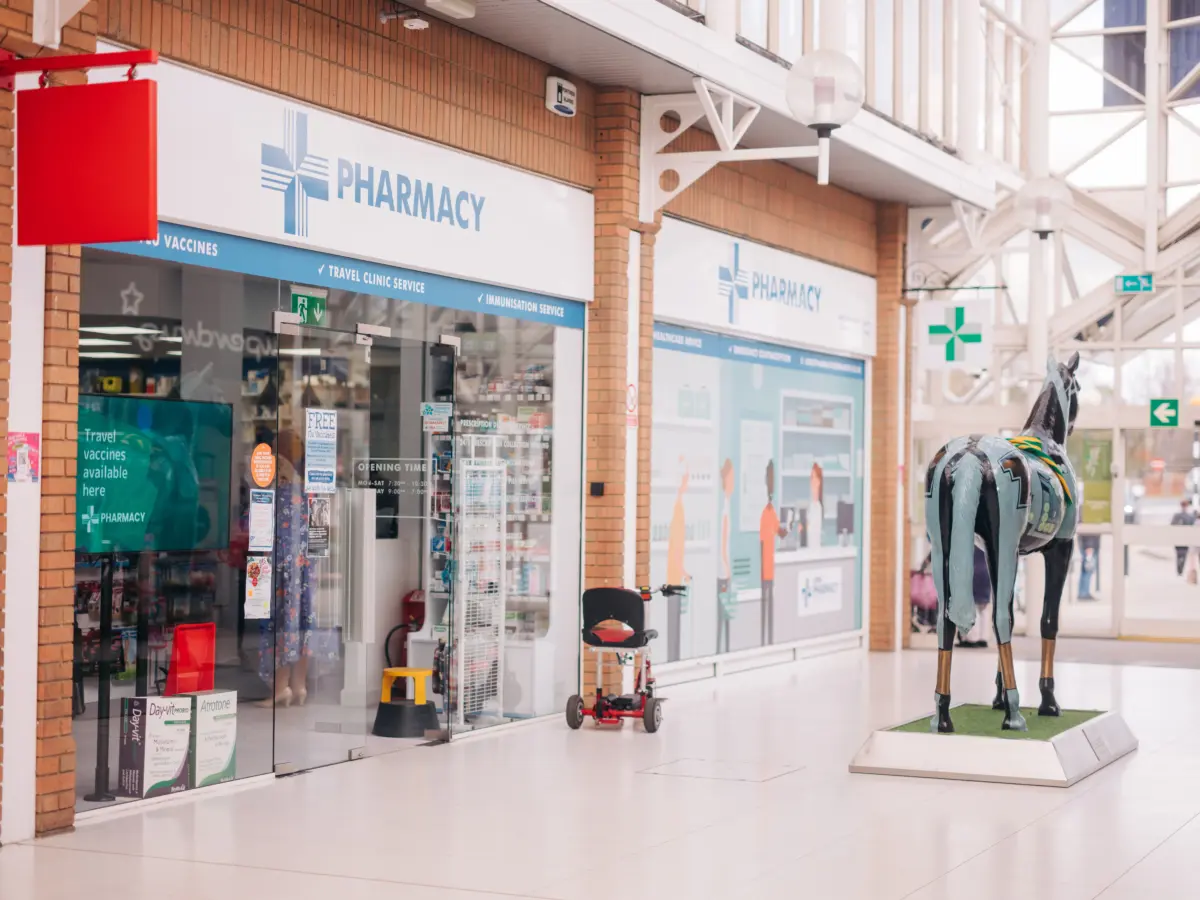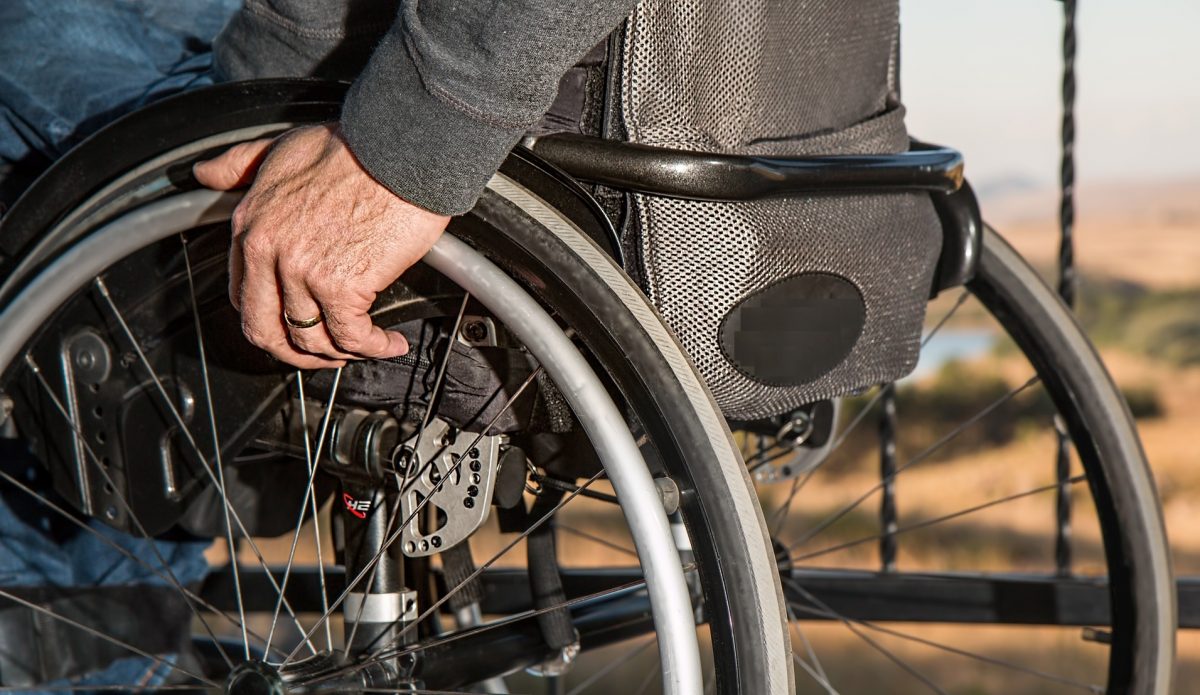Original Pack Dispensing
Published on: 17th November 2023 | Updated on: 6th February 2025
Original Pack Dispensing
Regulations were introduced which require pharmacists to dispense all licensed medicines containing valproate in the manufacturer’s original full pack and to allow pharmacists to use Original Pack Dispensing (+/-10% OPD) rules for private prescription dispensing in The Human Medicines (Amendment Relating to Original Pack Dispensing) (England and Wales and Scotland) Regulations 2023. Further regulations were introduced to allow pharmacists to use Original Pack Dispensing (+/-10% OPD) rules for NHS dispensing in The National Health Service (Pharmaceutical and Local Pharmaceutical Services) (Amendment) (No. 2) Regulations 2024.
Note, OPD is one of several important regulatory changes currently underway to help make dispensing more efficient and support capacity for the provision of clinical services. To learn more about these, read our new guide: New Pharmacy Regs: What you need to know
The OPD regulations will:
- require the supervising pharmacist to consider OPD +/-10% dispensing for NHS prescriptions, as appropriate, and
- give the pharmacist the flexibility to supply up to 10% more or less than the prescribed quantity, if that would mean the medicine could be dispensed in the manufacturer’s original pack, and other prescription requirements are fulfilled
Professional judgment should be exercised to assess the suitability of applying OPD +/- 10% dispensing, and it is not expected to be appropriate in all cases. For example, if a patient is prescribed antibiotics or steroids and the supervising pharmacist considers that the patient should be supplied with the exact quantity prescribed to be able to follow the medication regimen, OPD +/- 10% dispensing should not be used.
The amendments will require the supervising pharmacist to consider OPD +/- 10% dispensing from 1 January 2025 but they don’t require its use. For example, IT system suppliers may not introduce the necessary changes to the pharmacy IT system until after 1 January 2025, or there may not be the appropriate stock in the pharmacy.
The following table shows the products that will be reimbursed for OPD +/- 10% dispensing – where up to 10% more or less is dispensed and claimed:
| Product type | Does OPD +/- 10% rules apply? | |
| Yes | No | |
| POMs | √ | |
| Non-POMs including P, GSL and non-medicines (i.e. ACBS products, food supplements, cosmetics, toiletries etc) | √ | |
| Schedule 5 Controlled Drugs | √ | |
| Part IX Appliances | √ | |
| Controlled Drugs in Schedules 1-4 | √ | |
| Special containers | √ | |
| Unlicensed specials (Part VIIIB, Part VIIID and non-Tariff specials) | √ | |
| Products supplied in accordance with SSPs | √ | |
| Medicines supplied in accordance with PGDs | √ | |
Additional points include:
- Reimbursement for OPD +/- 10% dispensing will only apply to EPS prescriptions (and cross-border Welsh EPS prescriptions). The small percentage of FP10 paper prescriptions dispensed will continue to be reimbursed in line with current arrangements.
- OPD +/- 10% dispensing will not apply to supplies in accordance with Serious Shortages Protocols or Patient Group Directions. It may only be used for dispensing prescriptions.
NHSBSA and IT system suppliers are preparing for these changes to align pricing and PMR systems with OPD rules.
Further information on dispensing and reimbursement can be found on the Dispensing and Supply Original Pack Dispensing page.
OPD webinar: on-demand recording
Gordon Hockey, Director, Legal at Community Pharmacy England, said:
“The new Original Pack Dispensing regulations are an important development. They will give pharmacy teams the discretion to make minor common-sense changes around the quantity dispensed for the benefit of patients, in appropriate cases.
As with all dispensing changes, Community Pharmacy England has been considering and discussing the impact of these changes on pharmacies with DHSC and NHS England. This includes confirming adjustments to reimbursement mechanisms and supporting NHSBSA and IT system suppliers to prepare for the introduction of this change.”
Changes to the Human Medicines Regulations 2023 came into effect on 11th October 2023 which provides new rules requiring pharmacists to dispense all licensed medicines containing valproate in the manufacturer’s original full pack.These are explained in our briefing on the Human Medcines Regulation changes.
When dispensing valproate products, the pharmacist must supply the product as a complete pack. This will require them to round up or down the quantity prescribed to ensure the patient receives their medicine in the manufacturer’s original packaging. Valproate-containing medicines must not be repackaged in plain dispensing packaging.
Based on an individual risk assessment, which assesses the needs of patients, pharmacists can make exceptions to these rules and supply medicines containing valproate in different packaging (for example in a monitored dosage system), provided processes are in place to ensure a PIL is supplied.
For reimbursement purposes, all licensed medicines containing sodium valproate, valproic acid and semisodium valproate were reclassified as special containers from 1st October 2023. Where the quantity on a prescription is not for a quantity in original pack size or multiple pack sizes, the nearest number of full packs will be reimbursed (either rounded up or down; rounded down when the quantity prescribed is exactly halfway between rounding up or down). Pharmacy teams do not need to endorse the prescription, you will be automatically paid for the relevant number of complete packs.
The Medicines and Healthcare Products Regulatory Agency (MHRA) has published new guidance for dispensers to support this change.
Q. Why have all sodium valproate-containing products been reclassified as complete pack special containers?
A. Whole-pack dispensing of medicines containing valproate has been introduced to support the Pregnancy Prevention Programme (PPP) and further decrease the number of babies who are born with serious complications. Sodium valproate a commonly used anti-epileptic (and in some cases the only effective treatment for some patients) is known to be associated with birth defects and neurodevelopmental disorders in children where sodium valproate is taken during pregnancy. To minimise the risk of unborn babies being exposed to the effects of this medication the PPP was introduced in 2018. This further measure of whole-pack dispensing has been introduced to ensure that those taking sodium valproate have access to information setting out the risks and need for a woman or girl of child-bearing potential to have a PPP in place before taking sodium valproate. This is because the manufacturer’s original packs include specific warnings and pictograms on the labelling, including a patient card, along with the statutory patient information leaflet (PIL), which highlights the risks of taking the medicine while pregnant.
Q. Can I dispense the exact prescribed quantity if this is different to the special container pack size?
A. Where the quantity ordered does not coincide with that of the special container pack size you are required to supply the nearest complete pack size. For example, where a prescription requests Sodium valproate 300mg modified-release tablets x 28 tablets, you should dispense the nearest complete pack size of 30 tablets. The pharmacy would be reimbursed accordingly as the complete pack of 30 will be treated as a special container by the NHSBSA.
For more information including reimbursement and FAQs read our news article: All valproate-containing products reclassified as special containers from October 2023
For more information on this topic please email regulations.team@cpe.org.uk










